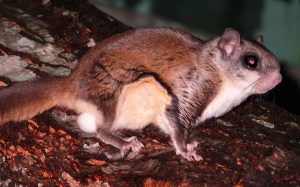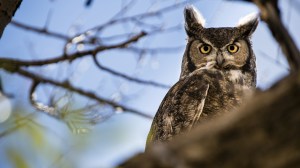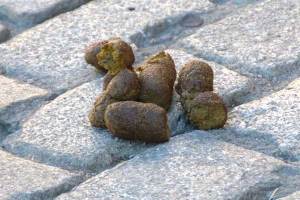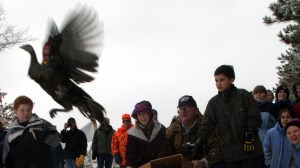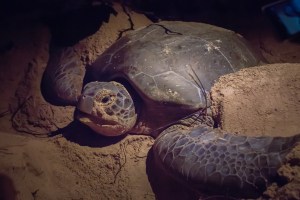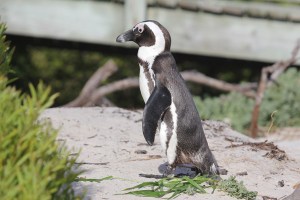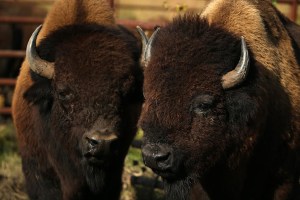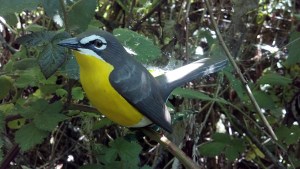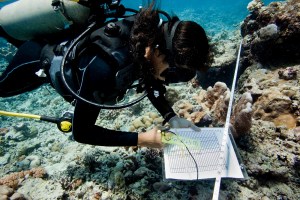Discover stories in Uncategorized
Urban Wild: Flying Squirrels of the Beltway
To see the southern flying squirrel, you don't make a trek into the wilderness or visit a national park. You need to visit a small nature preserve a short distance away from the bustling urbanity of the U.S. capitol.
Can We Grow Safe Produce and Conserve Nature at the Same Time?
Farmers are destroying habitat near farms out of fear that wildlife is spreading E. coli and other pathogens to their fields. But is wildlife a source of foodborne illness? New research from Conservancy scientists suggests not.
The Hooting Season: Enjoying Great Horned Owls
Winter is the time to enjoy the great horned owl breeding season–a time when these charismatic birds are much easier to see and hear.
Better Green Living Through Chemistry
Conservancy NatureNet Fellow Sen Zhang and colleagues announced a process that overcomes a key obstacle to wider adoption of renewable energy fuel cells: their prohibitive cost.
Citizen Science Tuesday: PooPower!
Remember the last time you stepped into a pile of dog excrement? Learn why dog poop isn't just a nuisance, it's a problem for conservation and water quality.
The Great Turkey Shuffle: How Restoration Has Changed Gobbler Genetics
When reintroducing wild turkeys across the United States, conservationists paid little attention to turkey subspecies. Today, determining turkey subspecies can require the skills of a wildlife CSI team. What does this mean for turkey genetics -- and future conservation?
Sea Turtles of St. Croix: Research Benefits Nesting Beaches
Nesting sea turtles have staged a dramatic comeback at a Nature Conservancy site on St. Croix. What's behind the success? Our blogger heads afield for a firsthand look at turtle research and monitoring.
Infrared Technology for Wildlife Conservation
Infrared enables us to see minor variations in temperature, even from a distance or at night. See how this technology is revolutionizing conservation science.
The Penguins of Boulders Beach
Forty years ago, Boulder Beach in South Africa had no penguins. Today, tourists flock there to see thousands of these charismatic birds. A conservation success? Not quite. The real story is a bit more complicated.
Bison Return to Nachusa: A Behind-the-Scenes Look at Reintroduction
Join our behind-the-scenes look at the science, restoration and planning necessary for a successful bison reintroduction.
Decoy: How Fake Birds Aid Real Research
To get a bird in the hand, you have to catch it first. One of the bird researcher's most trusted bird catching tools is the decoy — a fake bird. Ornithologist Joe Smith on why real birds so often fall for their wooden and paper mache likenesses.
From Theory to Practice: Managing Coral Reefs for Resilience
Scientists and reef managers agree: the key to successful reef management is resilience. But how do you manage for resilient corals? It was hard to know. Until now.
